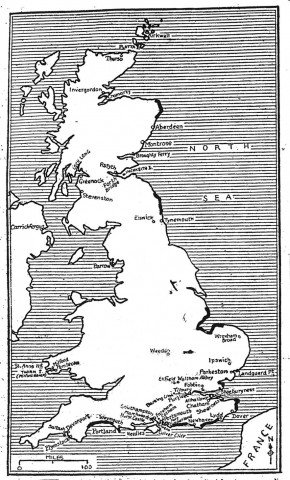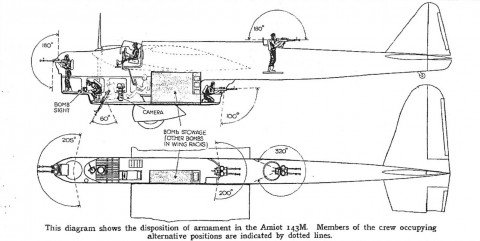A tiny revelation
This post is about a revelation I had a while back, which those of you with a firmer grasp of the English language than I will think is nothing at all new (and you’re right!) The thing is that I’d always been puzzled by the word barrage. This gets used a lot by journalists: ‘the […]



